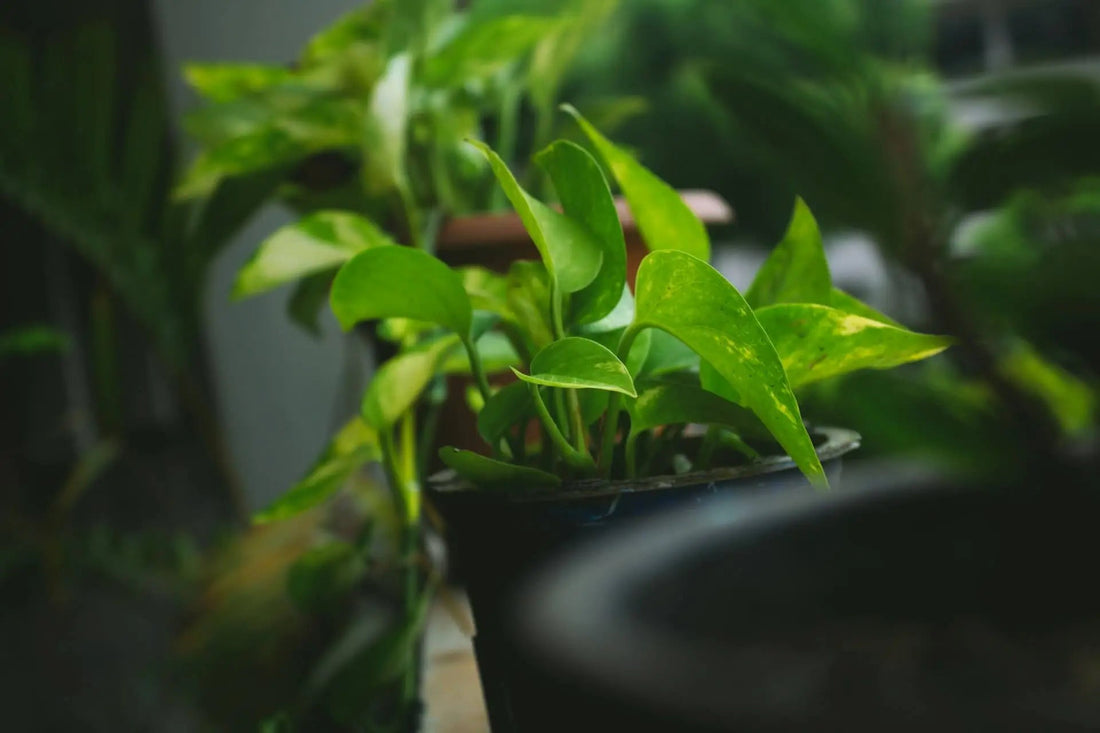Are Coffee Grounds Good for Plants? ☕🌱
If you're a coffee lover and a plant parent, you’ve probably heard that coffee grounds can help your garden thrive. But is it true? Let’s dig in (pun intended!) and find out when coffee grounds are good for your plants — and when they’re not.
Do Coffee Grounds Help Plants Grow? ✅
Yes — in the right amounts and applied correctly, used coffee grounds can be a great source of nutrients for your garden. They contain nitrogen, potassium, phosphorus, and other trace minerals that plants love. But like anything in gardening, balance is key.
Benefits of Using Coffee Grounds in the Garden ☕🪴
- ♻️ Adds nitrogen to compost – boosts plant growth
- 🪨 Improves soil structure – especially when mixed with compost or mulch
- 🐌 May deter pests – like slugs, snails, and even some cats
- 🌍 Eco-friendly – reduces waste by reusing what you'd otherwise bin
Coffee grounds are slightly acidic and break down slowly, making them great for acid-loving plants like blueberries, hydrangeas, azaleas, and rhododendrons.

Used coffee grounds can be helpful in the garden — they add nutrients, improve soil, and can even help keep pests away.
How to Use Coffee Grounds for Plants ✋
-
Mix into compost ♻️
Used grounds are “green” material — balance them with browns like leaves or cardboard. -
Sprinkle lightly on soil 🌿
Dust a small amount around established plants (not seedlings). Avoid layering too thick. -
Add to mulch or worm bins 🪱
Worms love coffee grounds in small doses — they’ll aerate and fertilise your soil naturally.

A step-by-step guide to using coffee grounds in your garden — from compost bins to flower beds, the eco-friendly way to reuse your brew.
What Plants Like Coffee Grounds? ☕🌸
Plants that thrive in slightly acidic soil tend to love coffee grounds, including:
- 🍅 Tomatoes
- 🌹 Roses
- 🫐 Blueberries
- 💙 Hydrangeas
- 🌺 Camellias
- 🌸 Azaleas
- 🥕 Carrots
- 🌱 Radishes
What Not to Do with Coffee Grounds ❌
- ❌ Don’t dump large amounts directly onto soil
- ❌ Don’t use as a mulch layer on its own
- ❌ Don’t feed young seedlings with coffee grounds
- ❌ Don’t use on alkaline-soil plants (like lavender, rosemary, or most succulents)

A garden guide to the dos and don’ts of using coffee grounds — simple, sustainable tips every home grower should know.
Coffee Grounds in Compost: A Smart Move 🧤
If you’re composting at home, used grounds are an excellent addition. They break down slowly and feed microbes that enrich your compost. Just make sure to mix them with brown matter so your bin doesn’t get too acidic or compacted.
FAQ: Coffee Grounds & Plants ❓
Q: Can I put coffee grounds directly on plants?
🅰️ Yes, but only a small sprinkle. Too much can compact the soil and block moisture.
Q: What plants don’t like coffee grounds?
🅰️ Most succulents, herbs like rosemary, and lavender prefer alkaline soil — so skip the grounds.
Q: Do coffee grounds keep slugs away?
🅰️ Many gardeners swear by it. The coarse texture and caffeine may help repel slugs and snails.
Q: Are fresh grounds better than used?
🅰️ Always use used grounds. Fresh ones are too acidic and may harm your plants.
Your Garden + Wrexham Bean = A Greener Brew 🌿☕
Shop our coffee today and reuse your brew for a blooming good garden. 🌸
Dont have a grinder? It's okay, we can grind it for you.




